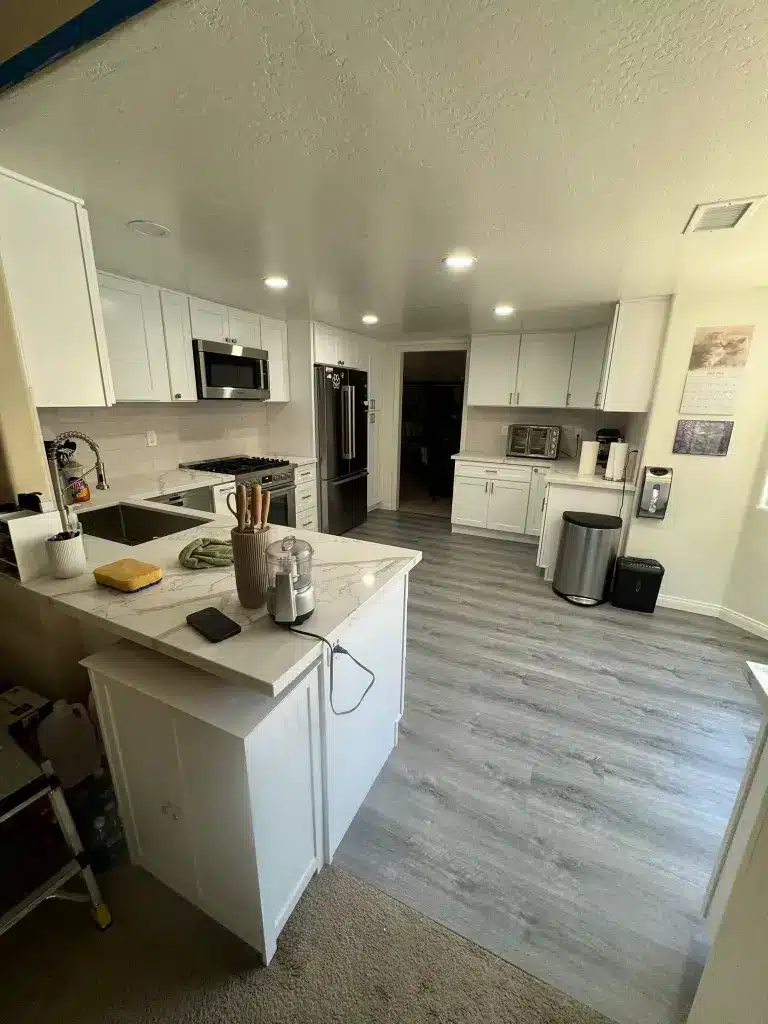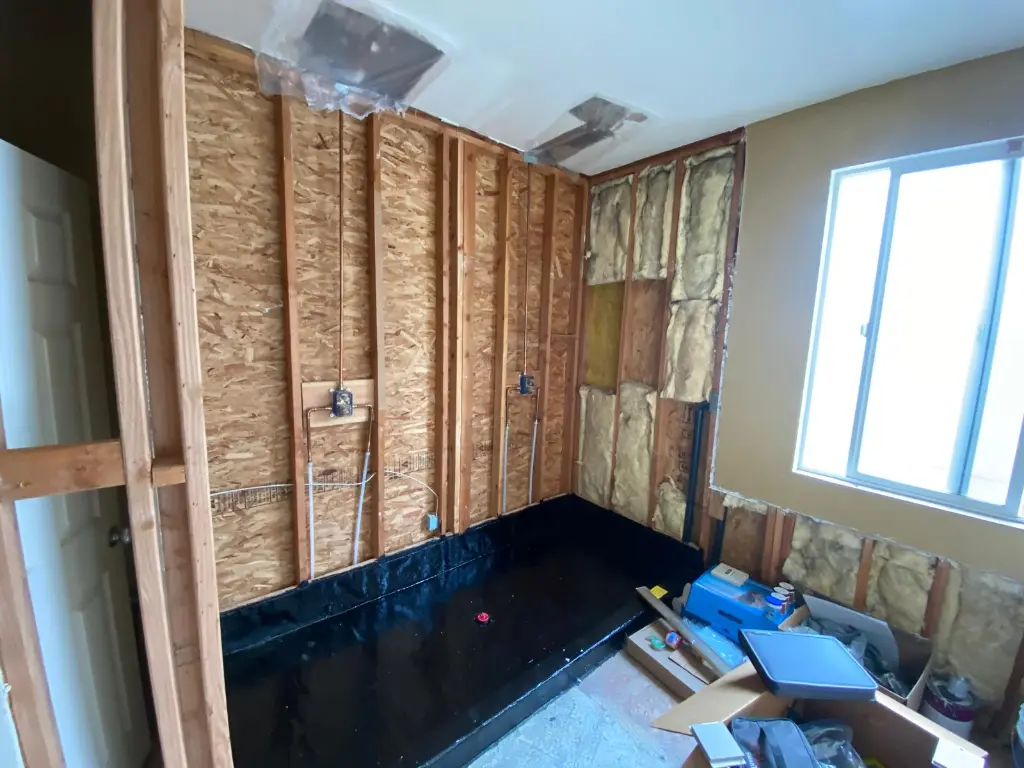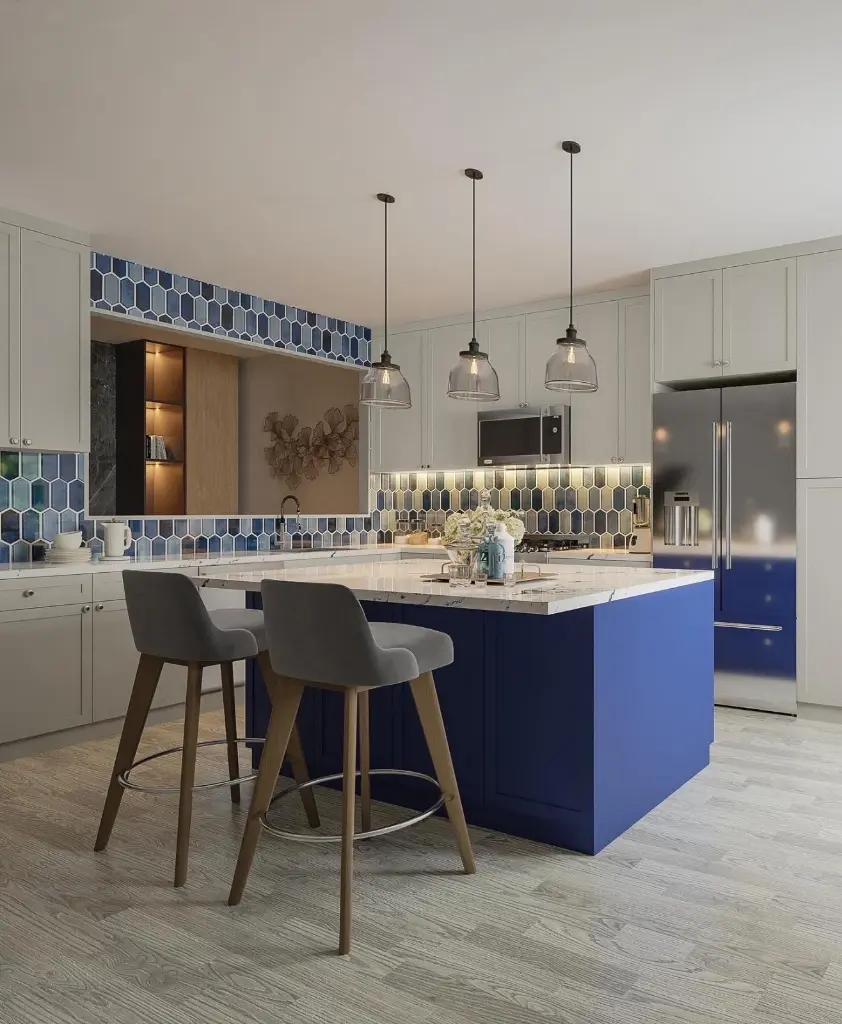What Are Laminate Floorboards and Their Types
Laminate floorboards are made from multiple layers pressed together with a clear protective coating on top. The magic happens in the image layer, which can mimic natural wood, stone, or even tile patterns with incredible realism.
You’ll find several types of laminate floorboards to choose from, each with unique benefits:
- Standard thickness (7-8mm) – perfect for low-traffic areas
- Premium thickness (12mm+) – ideal for busy family rooms
- Water-resistant options – great for kitchens or bathrooms
- Click-lock systems – easiest to install yourself
The best part? Modern manufacturing techniques create textures that feel like real wood when you walk across them. Many guests won’t even notice the difference between hardwood and your new laminate floorboards!

Benefits of Laminate Wood Flooring vs. Hardwood Floors
When comparing options, laminate boards win in several key areas. First, the price tag sits much lower than solid hardwood – often 50-70% less expensive. This makes total room makeovers possible even on tight budgets.
These boards also resist scratches, dents, and fading better than natural materials. Have kids or pets? You’ll appreciate how laminate floorboards stand up to daily chaos. Unlike hardwood that needs periodic refinishing, these surfaces maintain their look with simple cleaning routines.
Durability and Water-Resistant Laminate Features
Modern laminate products offer impressive durability ratings. Many manufacturers provide 15-30 year warranties, giving you peace of mind about your investment. The top wear layer protects against scratches from furniture, pet claws, and high heels.
Water-resistant versions take things further with special core materials and edge treatments. While not completely waterproof, they handle spills much better than traditional boards. You’ll have valuable cleanup time before damage occurs, making them practical for busy households.

The Average Cost of Laminate Floorboards Per Square Foot
Budget-friendly options start around $1-2 per square foot, while premium boards might reach $3-5. The sweet spot for quality and value typically falls in the $2.50-3.50 range. Remember to factor in underlayment, trim pieces, and installation tools if doing it yourself.
Material quality makes the biggest difference in price. Higher-end ones offer better images, thicker wear layers, and more realistic textures. They also tend to include longer warranties and enhanced water resistance.
How To Calculate Flooring Costs For Your Space
Getting an accurate estimate requires a few simple steps. First, measure each room’s length and width in feet, then multiply them together. Add 10% extra for cutting waste and future repairs.
Next, multiply your total square footage by the cost per square foot of your chosen product. Don’t forget to include underlayment ($0.30-$0.50 per square foot) and trim pieces for a professional finish. If hiring installers, add $2-4 per square foot for labor costs.
Is Laminate Flooring Right for Your Home or Business?
Laminate works wonderfully in most living spaces, especially family rooms, bedrooms, and offices. Its durability makes it perfect for commercial spaces with moderate traffic too.
The only places to think twice about are rooms with extreme moisture like full bathrooms or laundry areas. While water-resistant options exist, true waterproof vinyl plank might serve better there. Otherwise, these versatile laminate floorboards provide a perfect blend of looks, performance, and value that’s hard to beat. Ready to transform your space with this practical solution?
FAQs
How long do these typically last?
With proper care, they can last 15-25 years in residential settings. Premium options with thicker wear layers tend to last longer. Regular cleaning with a damp mop and avoiding excessive water exposure will help maximize their lifespan. Most manufacturers offer warranties ranging from 10-30 years depending on quality.
Can I install these over existing tile or vinyl?
Yes! Laminate floorboards can be installed over most existing hard surfaces as long as they’re flat, dry, and stable. You’ll need to ensure the surface is clean and level. Some minor imperfections can be addressed with underlayment. This “floating floor” installation saves time and money on demolition costs.
Will laminate floorboards affect my home's resale value?
Quality laminate floorboards can positively impact resale value, especially when replacing worn carpet or outdated vinyl. While not valued as highly as real hardwood, today’s premium laminate options offer impressive ROI. Potential buyers appreciate their durability, modern look, and low maintenance requirements when professionally installed.
Same Day Callback!

